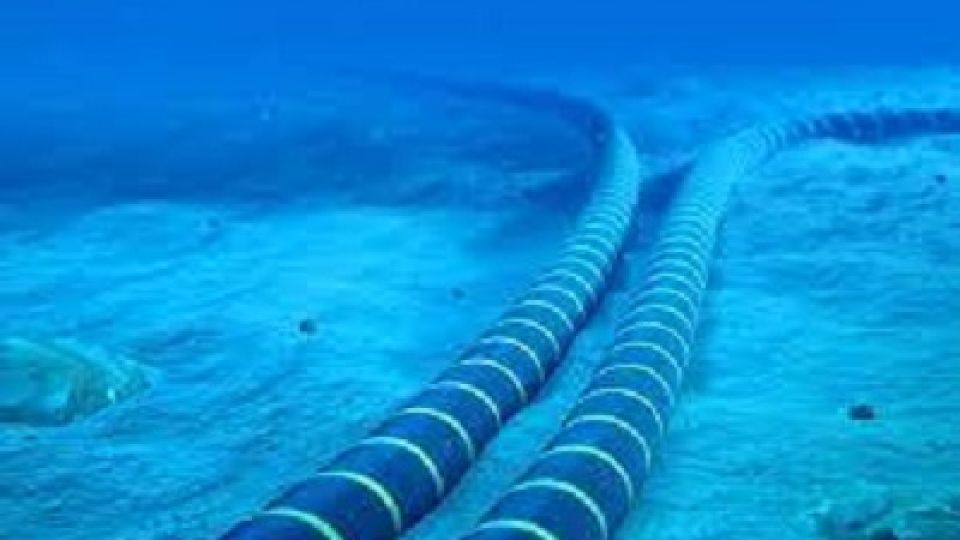from EMEKA OKONKWO in Abuja, Nigeria
Nigeria Bureau
ABUJA, (CAJ News) – THE recent undersea cable cuts have threatened the fight against terrorism by Islamist groups in northeastern Nigeria.
A non-governmental organisation (NGO) that is supplying internet services for humanitarian organisations responding to insurgency in the volatile region said measures had been implemented to keep the aid workers connected.
The Emergency Telecommunications Cluster (ETC) disclosed the undersea cable cut impacting on West Africa had brought down services at the main humanitarian hub in the town of Maiduguri, the capital of the Borno State.
This is the state that is worst affected by the terror by Boko Haram and its splinter group, the Islamic State-West Africa.
ETC noted the seven deep field humanitarian hubs, namely Bama, Dikwa, Banki, Gwoza, Ngala, Damask and Monguno, were impacted by underperforming connectivity as they rely on one very small aperture terminal (VSAT) satellite terminal.
“The ETC rapidly initiated back-up connectivity services to support humanitarians,” Patrick Midy, ETC coordinator, said of the solution.
In a related development, in March, the ETC disclosed it received US$280 000 as part of a multilateral contribution from the World Food Programme (WFP) to help connect humanitarians in operation in northeast Nigeria.
This adds to the $50 000 received from the United Nations (UN) Office for the Coordination of Humanitarian Affairs (OCHA) in March.
The ETC is now 28 percent funded out of the $1,16 million requirement in 2024.
Also in March, ETC provided data connectivity to 1 210 users from 100 organisations, comprising 14 United Nations agencies and 86 NGOs.
Midy said pockets of conflict from armed groups continue to be major factors that contribute to instability and may affect ETC mobility.
The Northeast is the epicentre of violence by jihadists agitating for the creation of a “pure” Islamic state ruled by Sharia law.
– CAJ News

